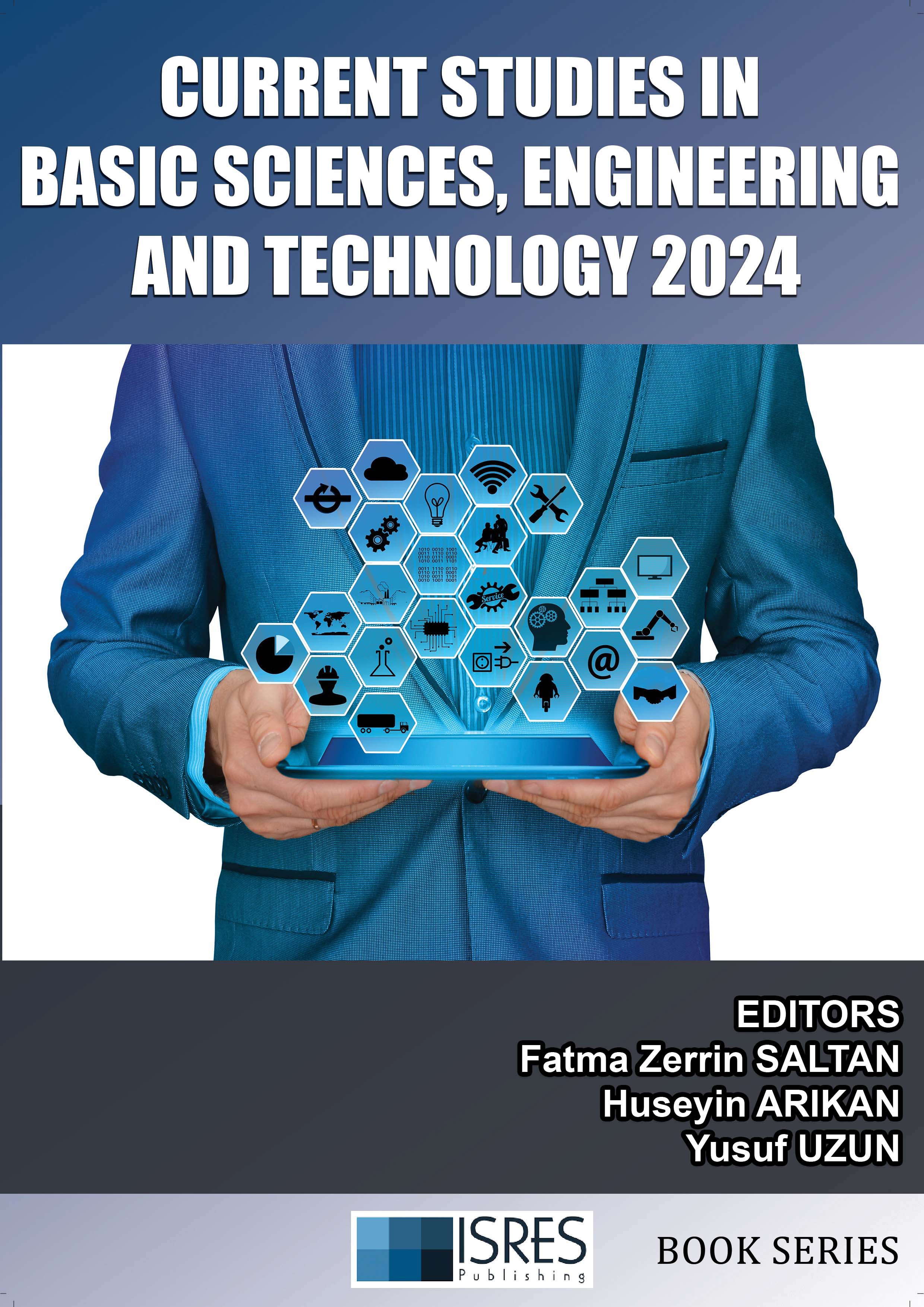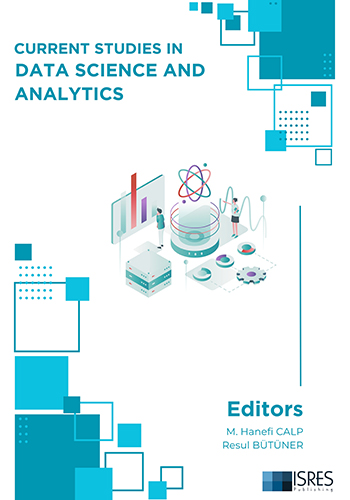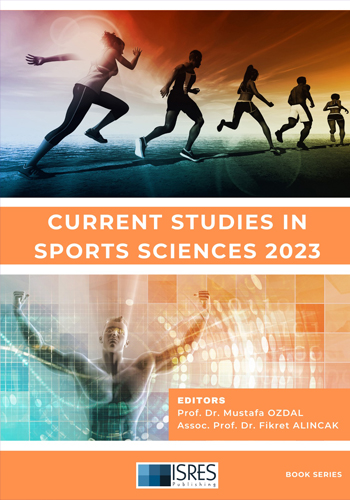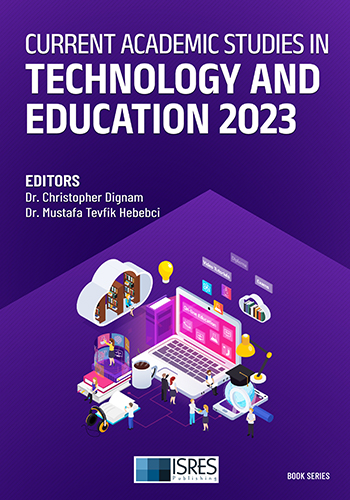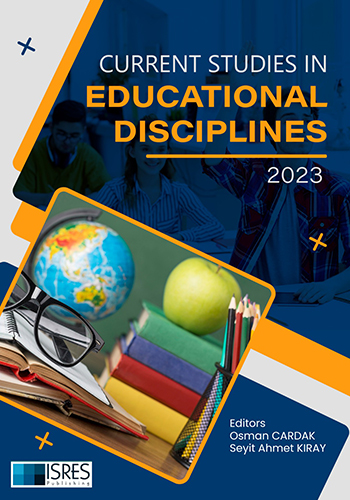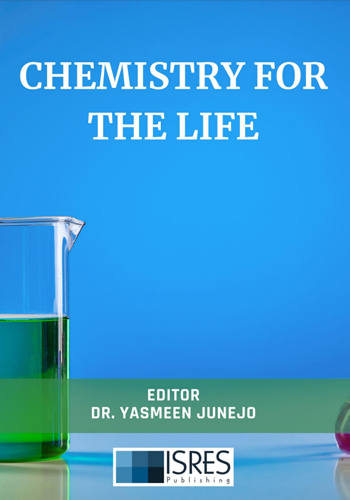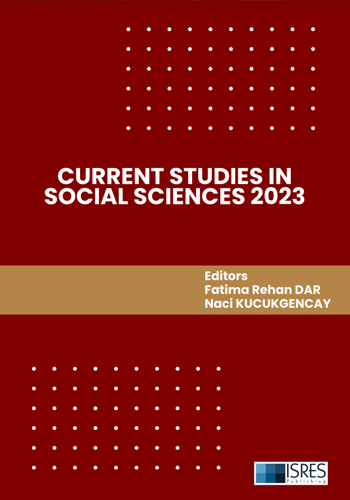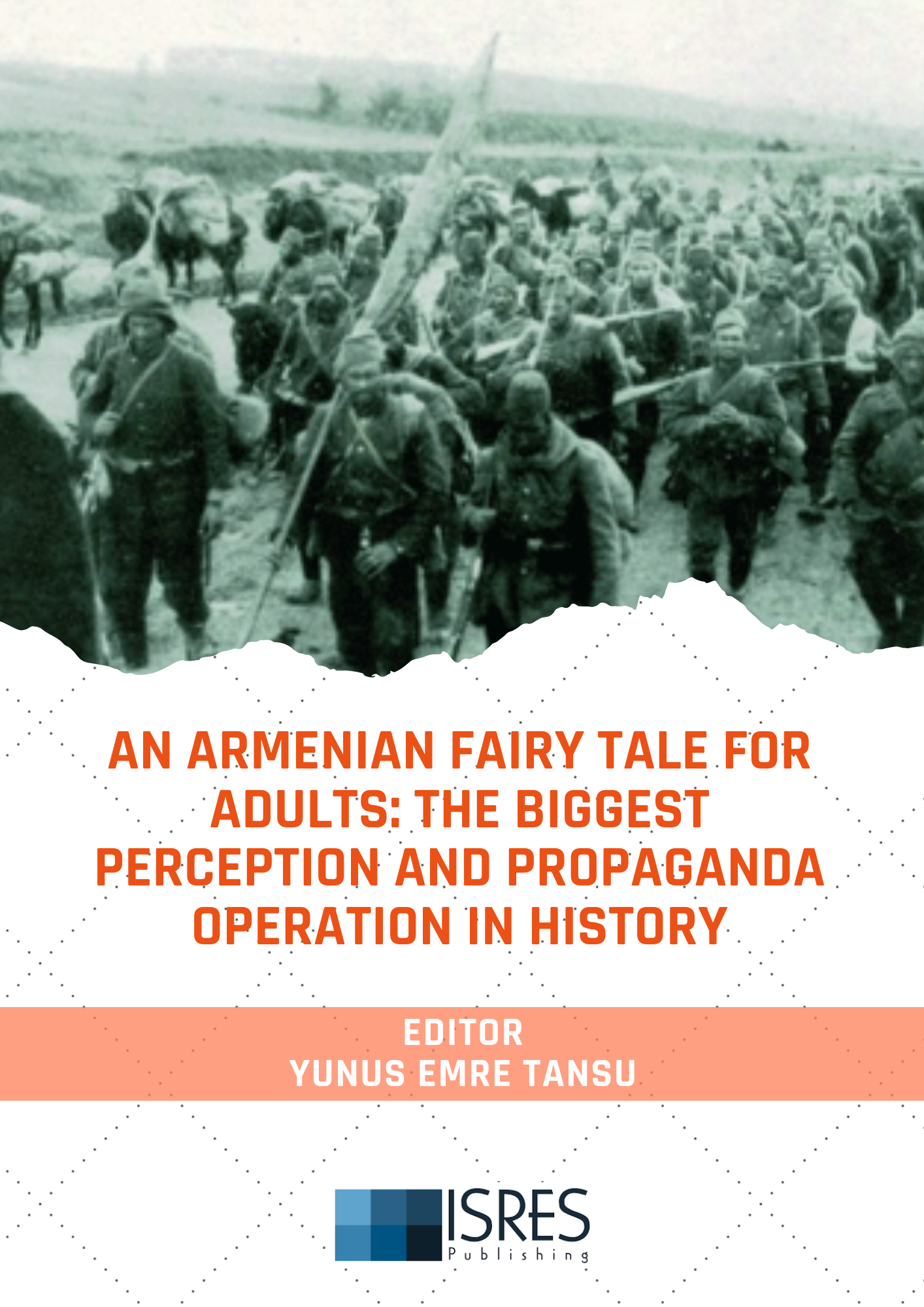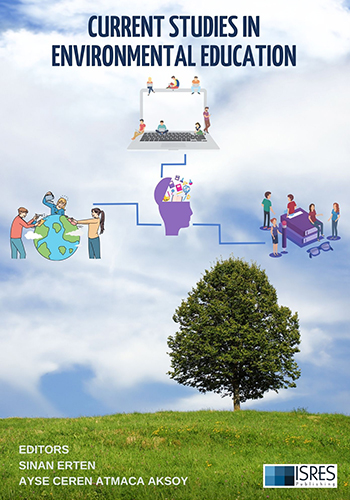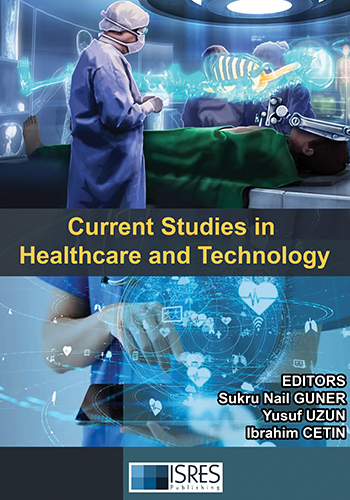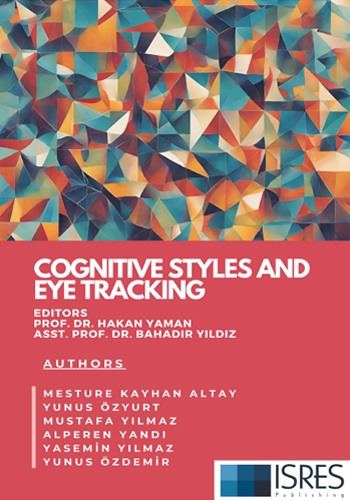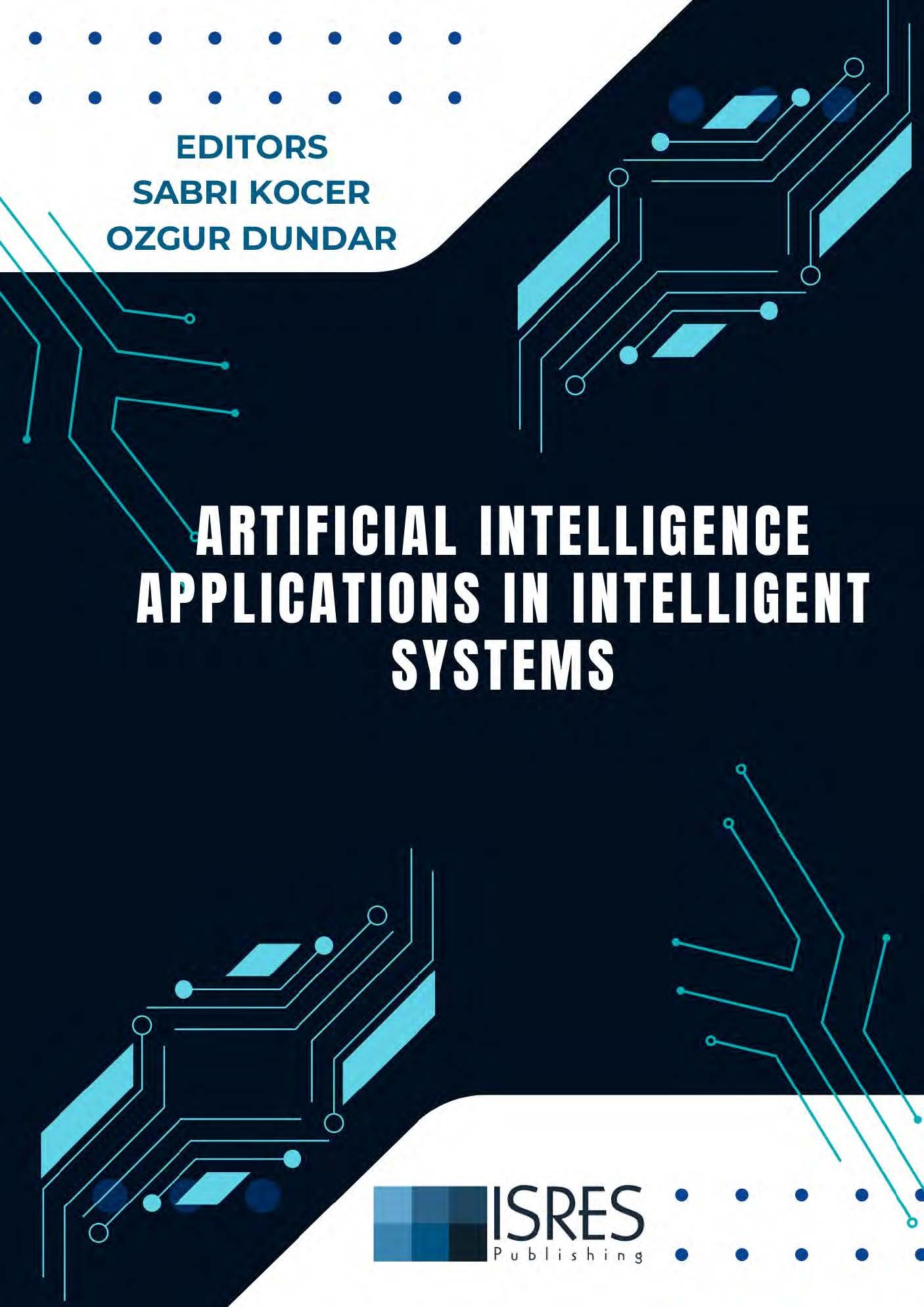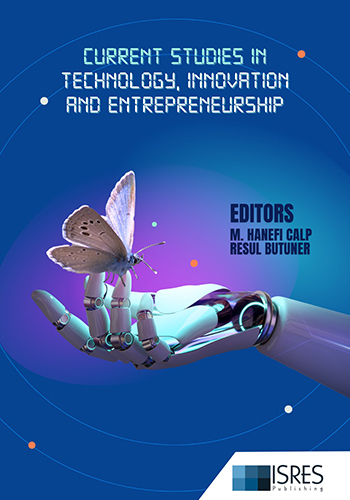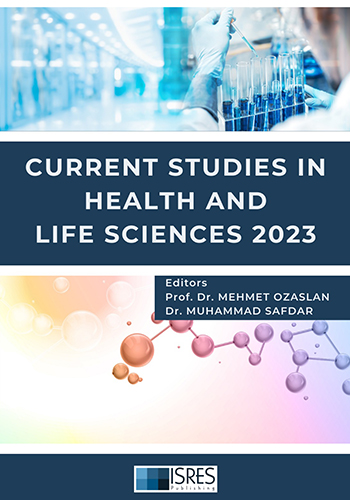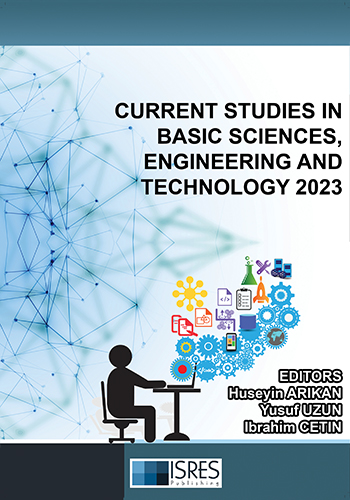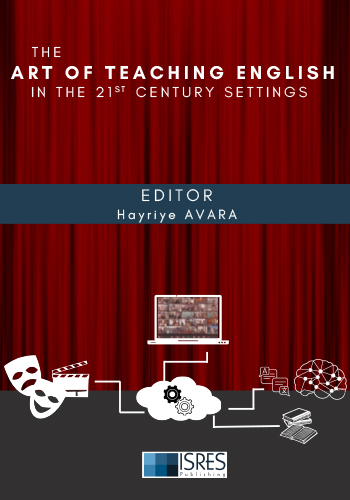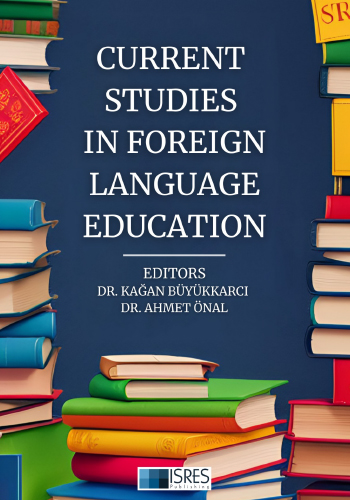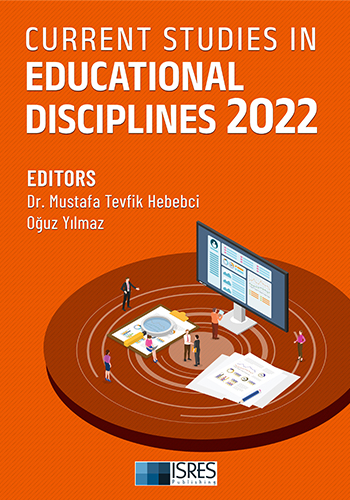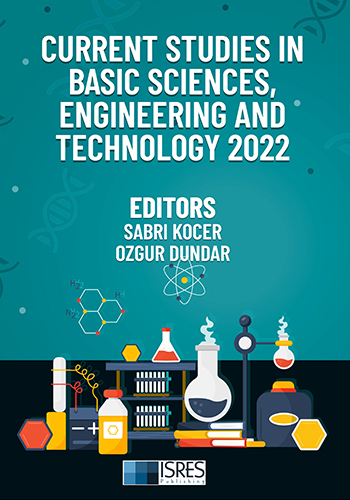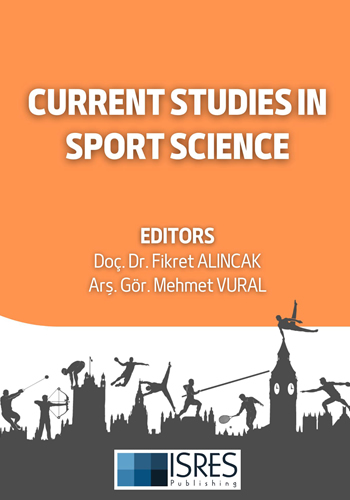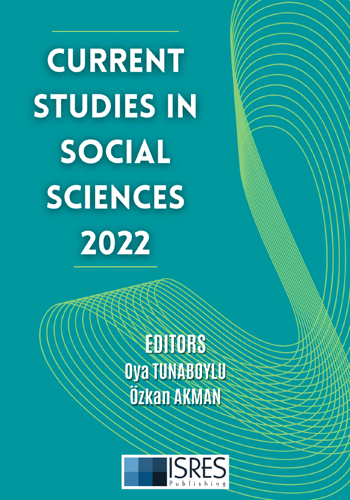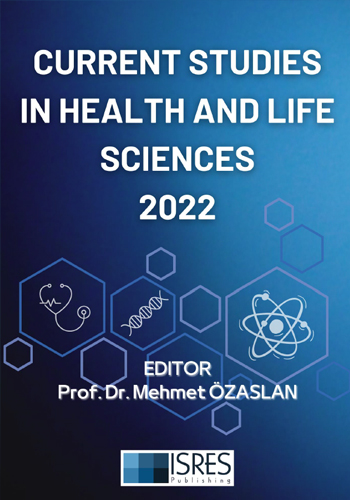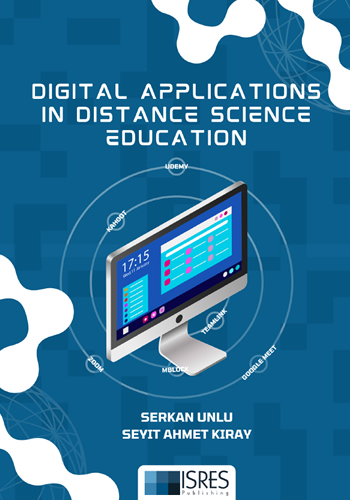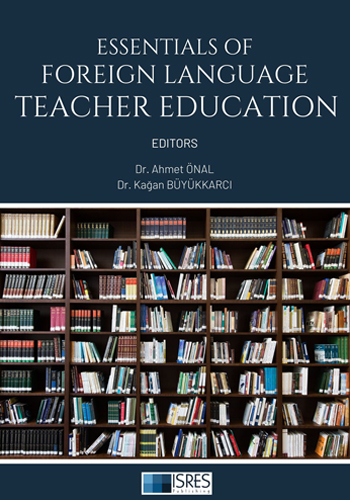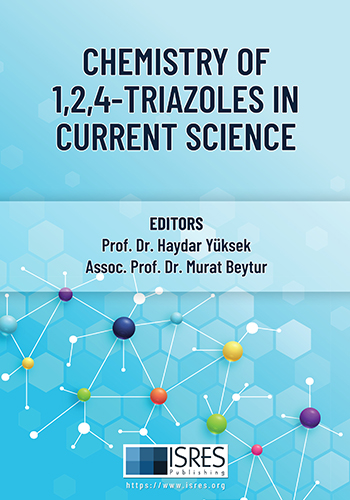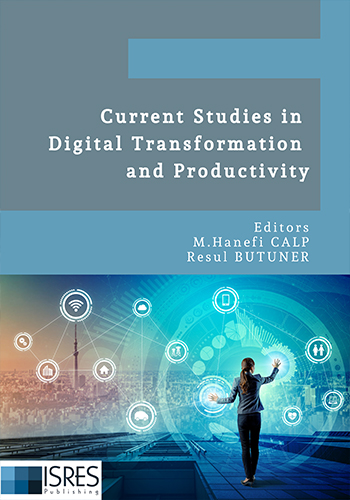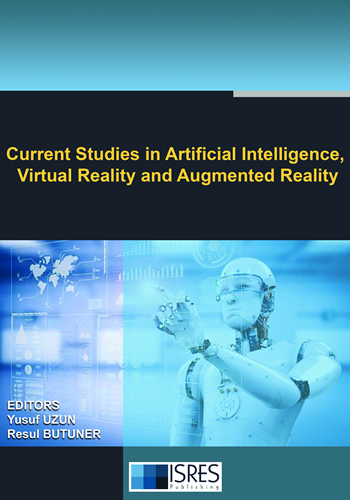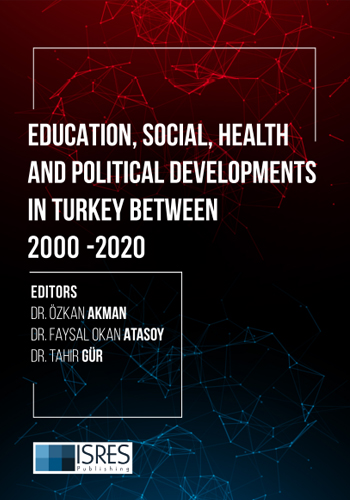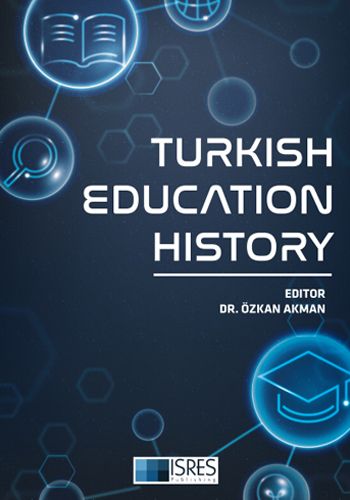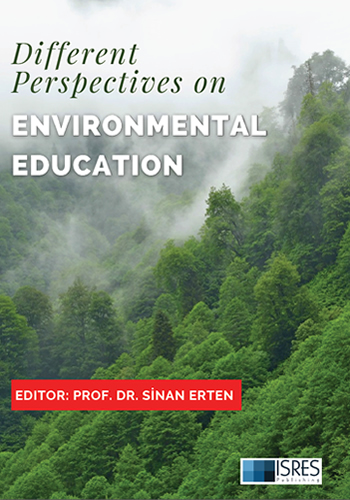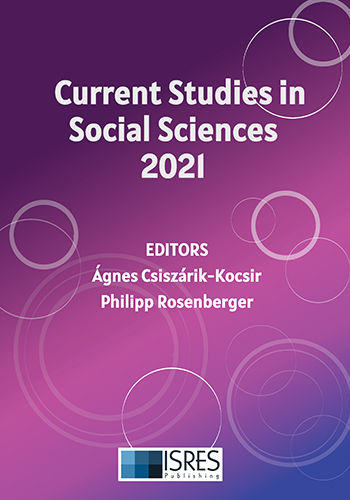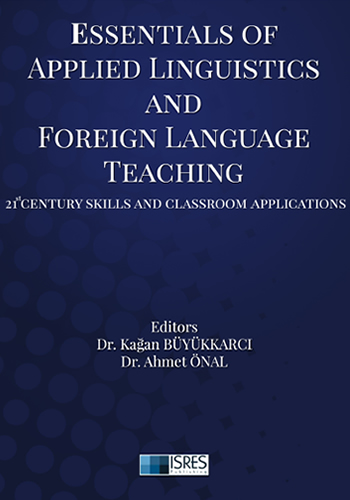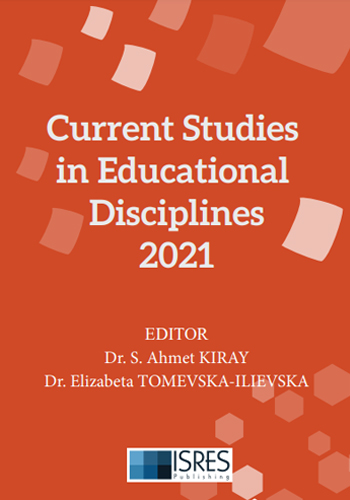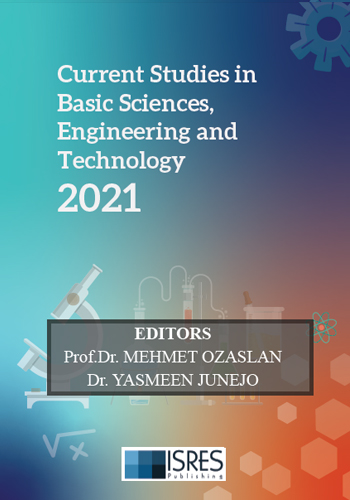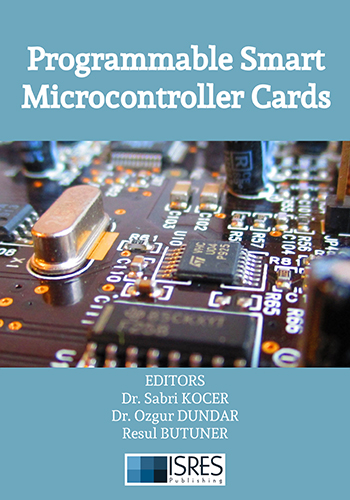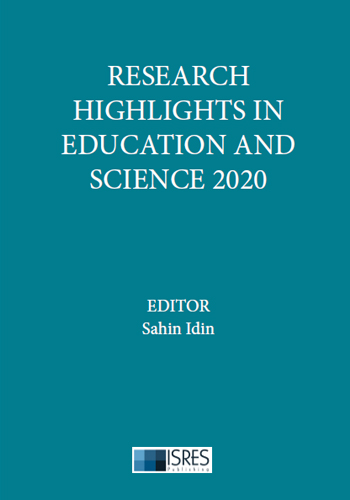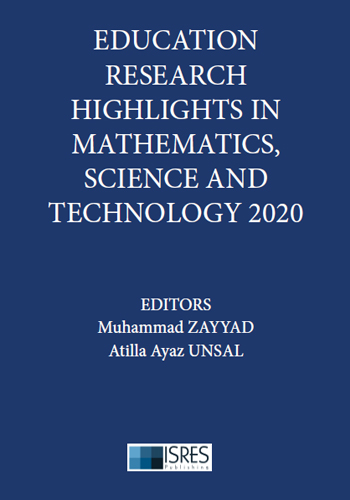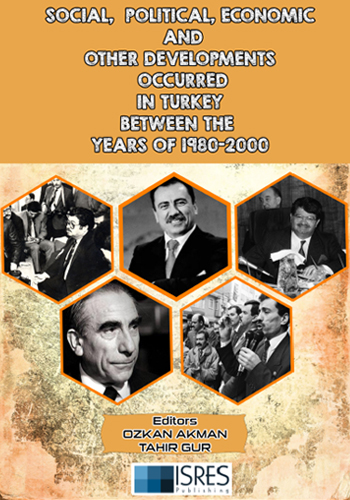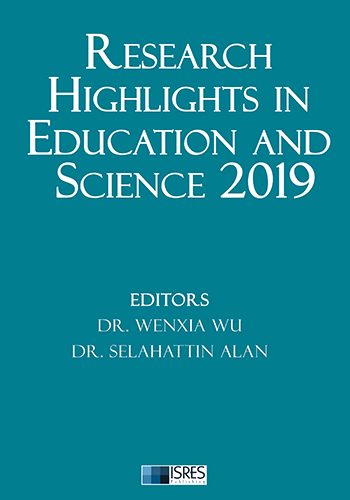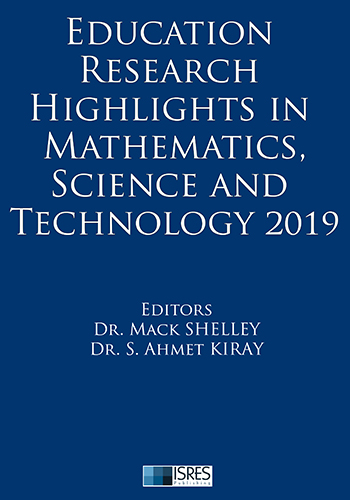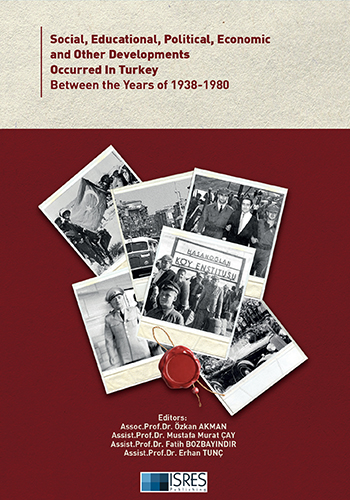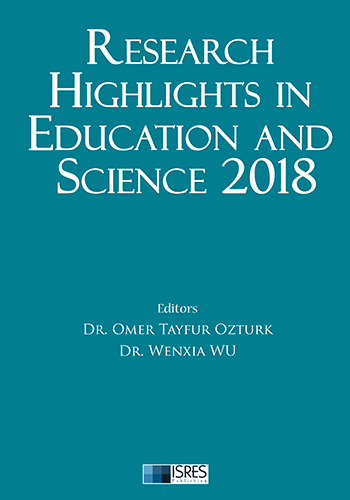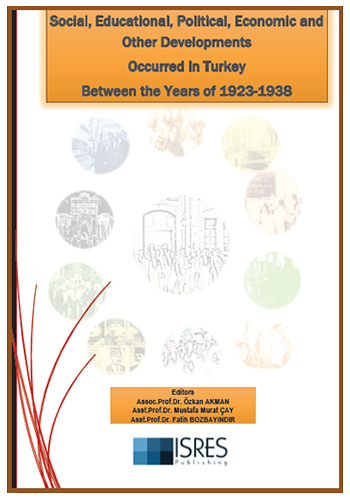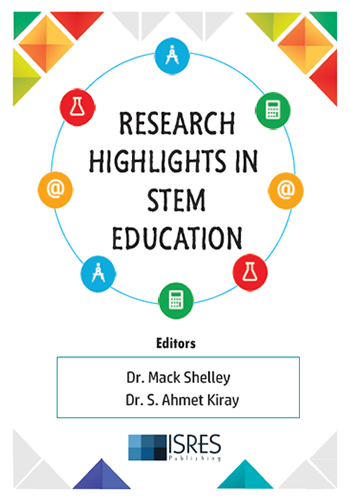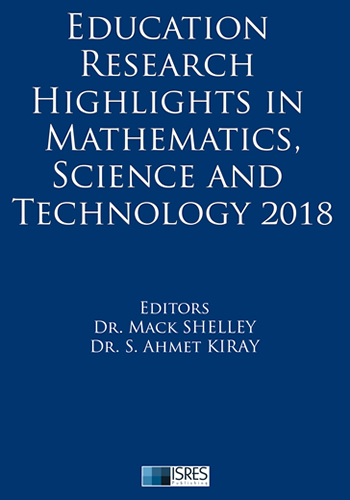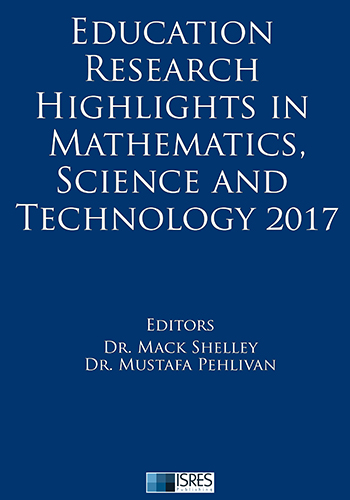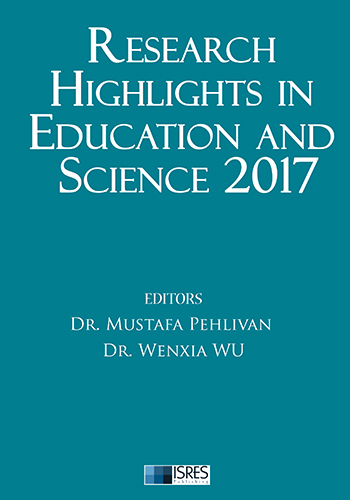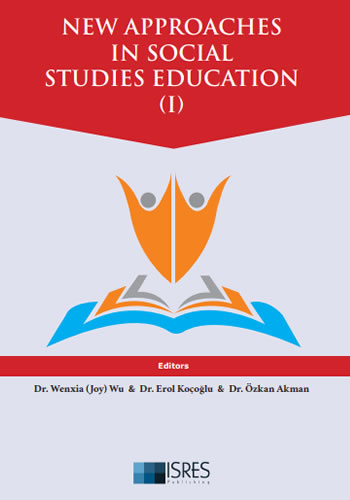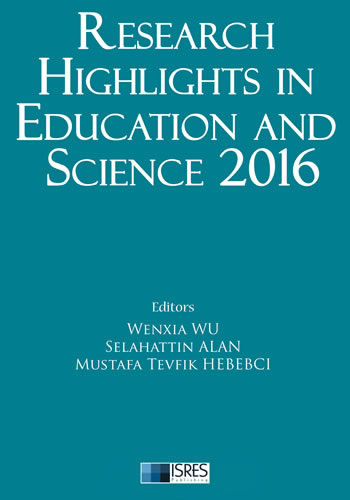Abstract: In this paper the development of the social networking’s framework of the ‘Grand Training Program’ for Science Teachers of Secondary Education by the Greek PI is presented, as developed by the trainer and trainees in Mytilene. The research is a reflection case study on the training process applied to Science teachers of Secondary schools with synthesis of personal narrative of trainer and the archival material of the Program. The research aimed to those characteristics of teachers’ training that made it an integral part of the education and training, simultaneously happening in many schools of Lesbos and others of Greece. The research highlighted the Web2.0 technologies exploited in science teachers’ training giving to the school education evolutional extensions to Edu2.0. sub-queries were about 1. Networking supports teachers’ learning, 2. Structuring a network for knowledge and information sharing, 3. Connectivity for the professional development of teachers, 4. Delivery of digital educational material and methodology for teaching Sciences. Trainees learned new techniques and methods of science teaching and applied, firstly among themselves, and then everyone in the classrooms, with his/her students, they wrote the evaluation and reflection of their training and teaching activities, published ideas, thoughts, feelings and comments of satisfaction on their Facebook wall for the 200 and more hours spent participating to the unprecedented service training of GTP.
Training Science Teachers of Secondary Education with Networking: From Web 2.0 to Edu 2.0
Education Research Highlights in Mathematics, Science and Technology 2016
Editors: Mack Shelley, S. Ahmet Kıray, Ismail Celik
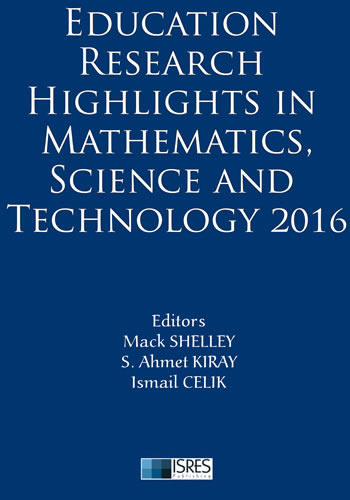
4282
Training Science Teachers of Secondary Education with Networking: From Web 2.0 to Edu 2.0
Chapter Authors: Maria Kalathaki
Pages: 74-80
Other Chapters
Development of the Secondary-Biology Concept Inventory (S-BCI): A Study of Content and Construct Validation
Andria Stammen, Deb Lan, Anita Schuchardt, Kathy Malone, Lin Ding, Zakee Sabree, William Boone
More Info Pages: 2-8
Development of Children’s Understanding of the Surface Orientation of Liquids
Marija Bošnjak Stepanović, Milica Pavkov Hrvojević, Dušanka Obadović
More Info Pages: 9-15
Bioethics in Science Education
Gülbin Özkan, Ünsal Umdu Topsakal
More Info Pages: 16-21
Experiencing Inquiry with Kindergarten: Science for Kids
Ayşe Oğuz Ünver, Sertaç Arabacıoğlu, Hasan Zühtü Okulu
More Info Pages: 22-31
Microscope Usage Information: Sample of Science Teacher Candidates
Sibel Demir Kaçan
More Info Pages: 32-38
Interaction of Genotype and Environnment in Expression of Phenotype: Do University Students Integrate Knowledge About Epigenetics
Boujemaa Agorram, Sabah Selmaoui, Moncef Zaki, Salaheddine Khzami
More Info Pages: 39-47
The Use of Edible Science Projects in Teaching Science Concepts
Arif Çömek, Mehtap Yıldırım, Zehra Betül Alp
More Info Pages: 48-57
Vocational Acqusition of STEM Teachers in Cern Workshops
Mustafa Hilmi Çolakoğlu
More Info Pages: 58-65
Electrical Engineering Education
Mehtap Köse Ulukök, Özcan Demirel
More Info Pages: 66-72
Training Science Teachers of Secondary Education with Networking: From Web 2.0 to Edu 2.0
Maria Kalathaki
More Info Pages: 74-80
Bring Cosmos into the Classroom: 3D Hologram
Hasan Zühtü Okulu, Ayşe Oğuz Ünver
More Info Pages: 81-86
Turn Your Phones On: Using Android Devices to Collect Scientific Data
Matt Cochrane
More Info Pages: 87-95
Diffusion of M-Learning: Sakarya University Case
Naciye Güliz Uğur, Tuğba Koç
More Info Pages: 96-104
Perceptual Interfaces from the Perspective of Human-Computer Interaction and Its Use in Education
Esad Esgin, Neşe Gürbulak
More Info Pages: 105-113
Blended Achievement at Transnational Schools as Collaborative Learning Communities-Toward a Systemic Assessment Methodology
Mohamed Ziad Hamdan
More Info Pages: 114-118
Teaching Algorithms By Educational Digital Game Programming
Selahattin Alan, Davut Alan, Şakir Taşdemir
More Info Pages: 119-129
Prospective Elementary Mathematics Teachers’ Contextual, Conceptual, and Procedural Knowledge: Analysis of Selected Items from the Pisa
Utkun Aydin, Meriç Özgeldi
More Info Pages: 131-137
Creating Real Learning Experiences Rather than Teaching Based on the Traditional Transfer of Mathematical Information, at College Level
Elizabeth Mena Avilés, Ana Gema Guevara Aguilar, Roberto Rosas Rangel, Ernesto Save Moreno
More Info Pages: 138-142
Budapest/Hungary Conferences - August 28-31, 2025
We are pleased to invite you to ISRES conferences, which will be held at Obuda University/Budapest/Hungary on August, 28-31, 2025. The following conferences will be held in Budapest/Hungary:...
15.01.2025
Trabzon/Türkiye Conferences - May 01-04, 2025
ISRES Spring Conferences - Trabzon/Turkiye SOCIAL SCIENCES – May 1-4, 2025, Trabzon, Türkiye * 5th International Conference on Social Science Studies - IConSoS2025 ...
11.12.2024
Peja/Kosovo Conferences - July 10-13, 2025
We are pleased to invite you to our conferences, which will be held at University of Peja Haxhi Zeka on July, 10-13, 2025. The following conferences will be held in Peja/Kosovo: - 7th Internat...
28.11.2024





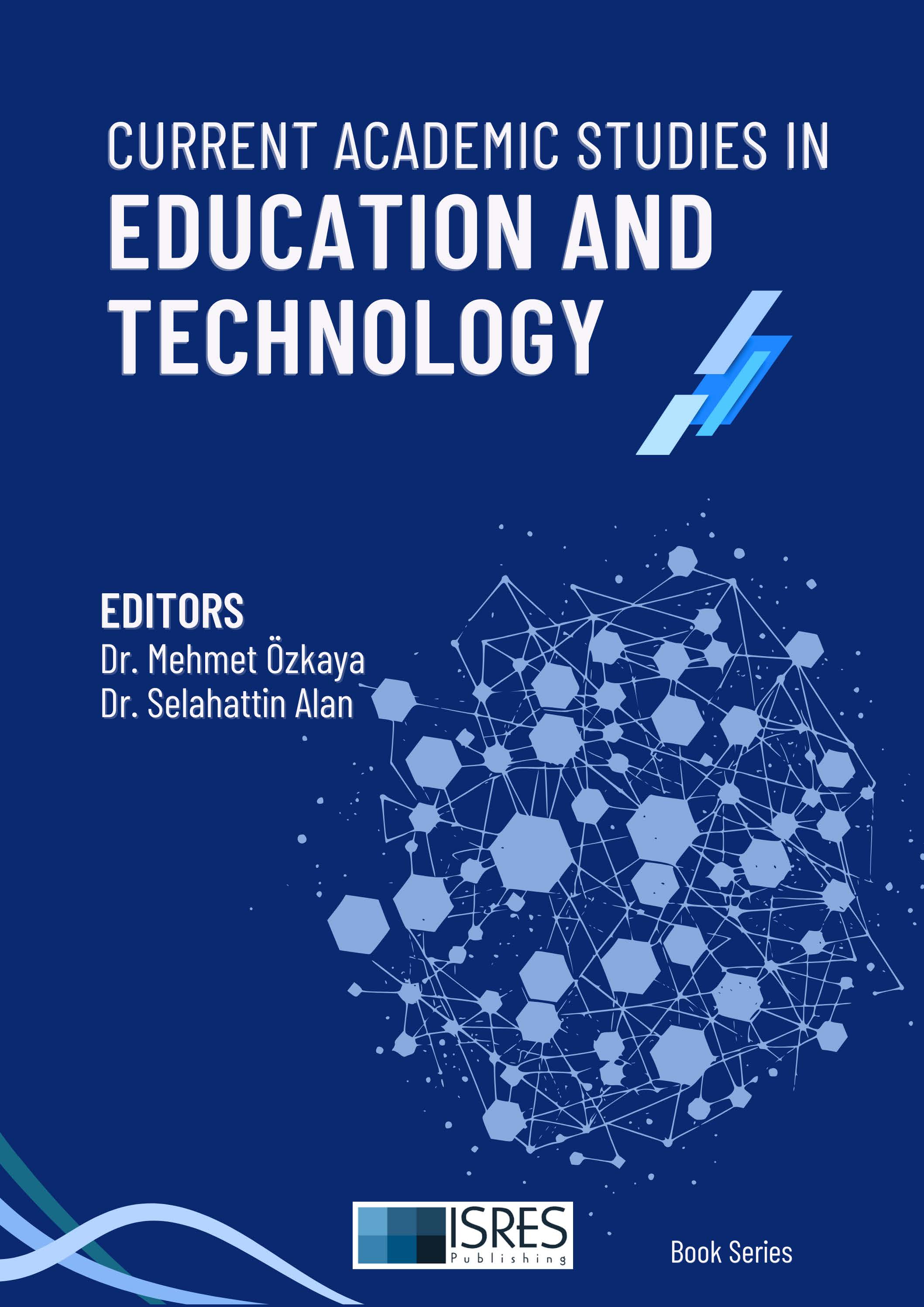


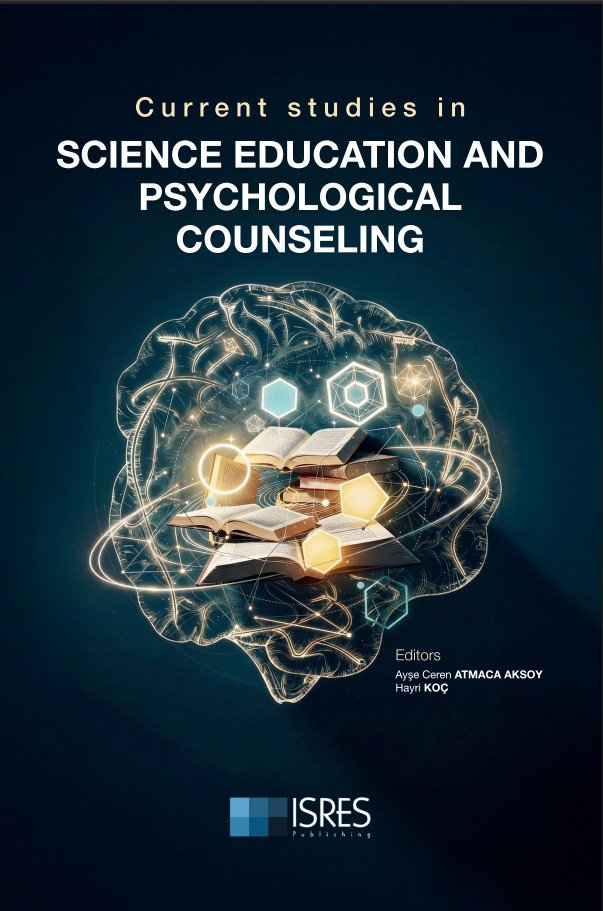
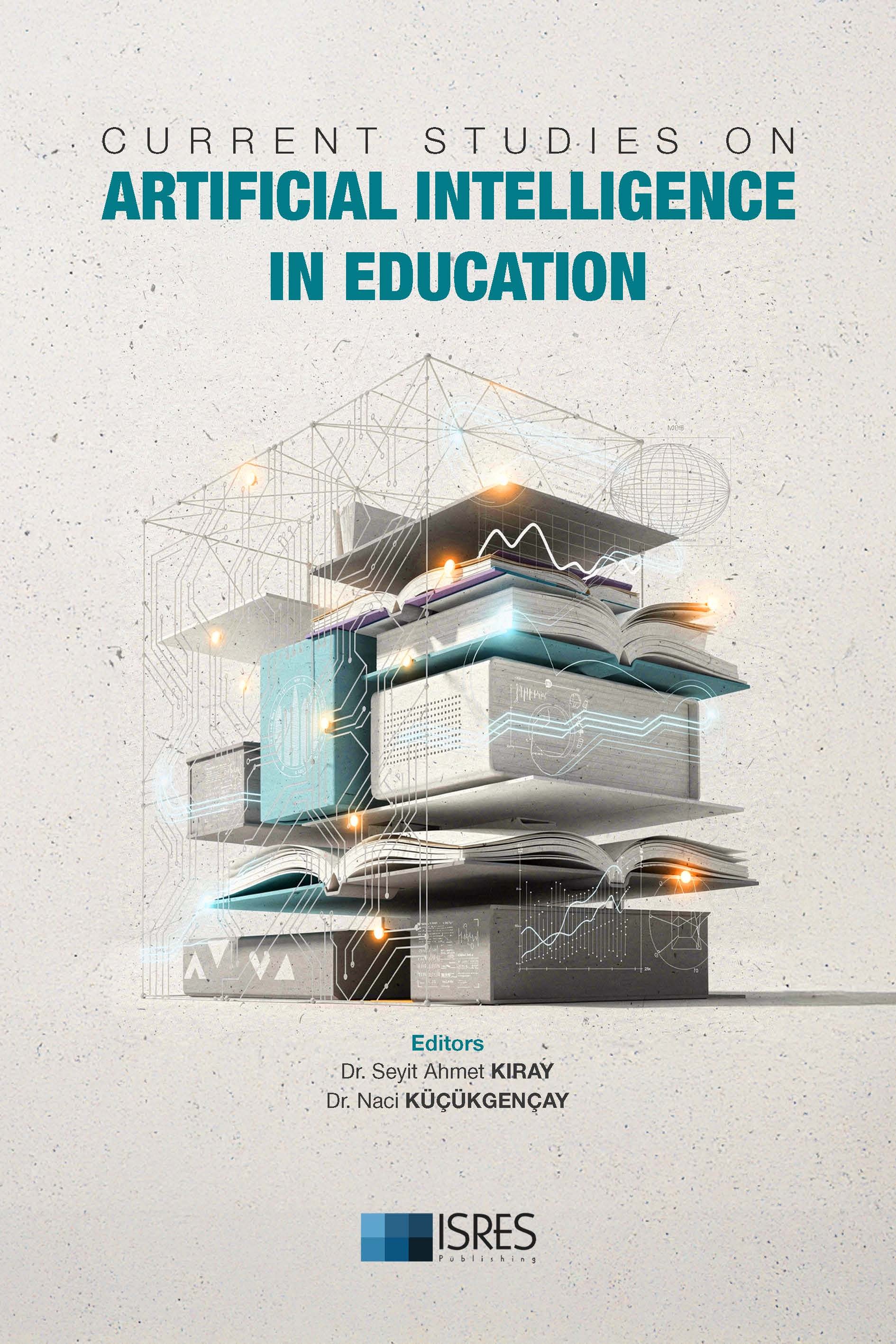
_Sayfa_001_23-12-2025.jpg)
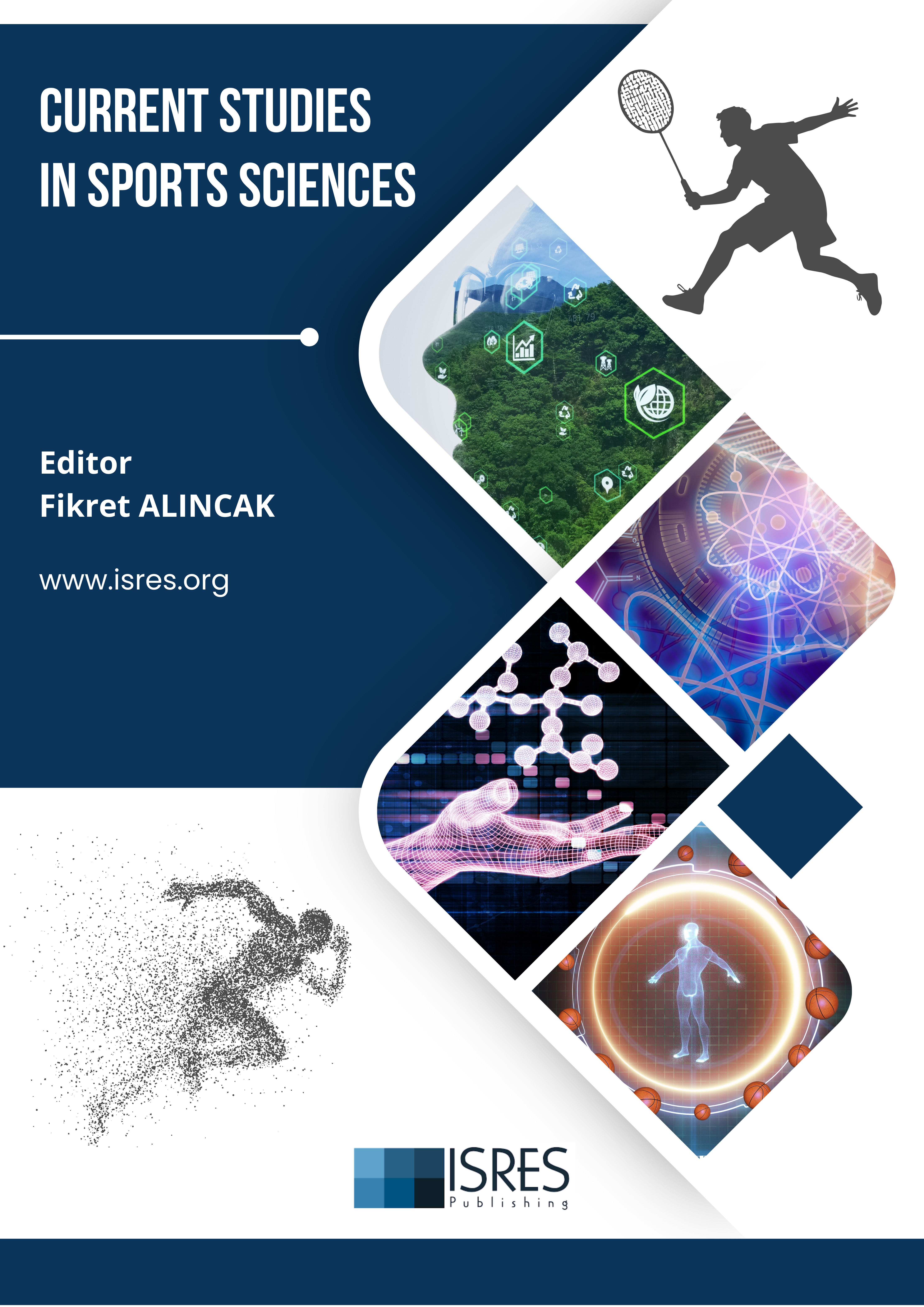


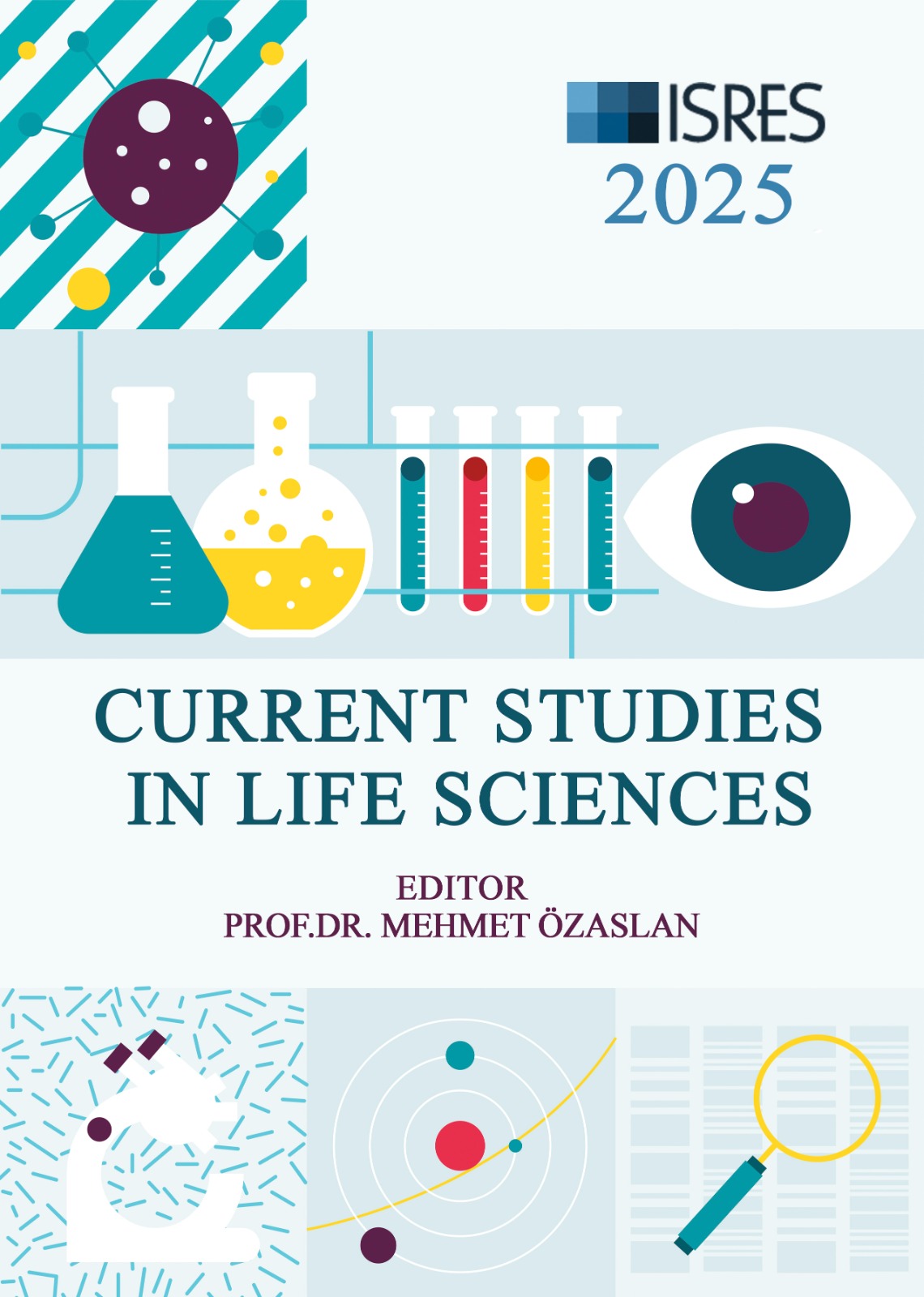
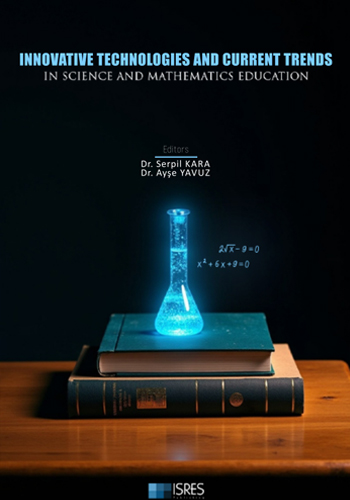
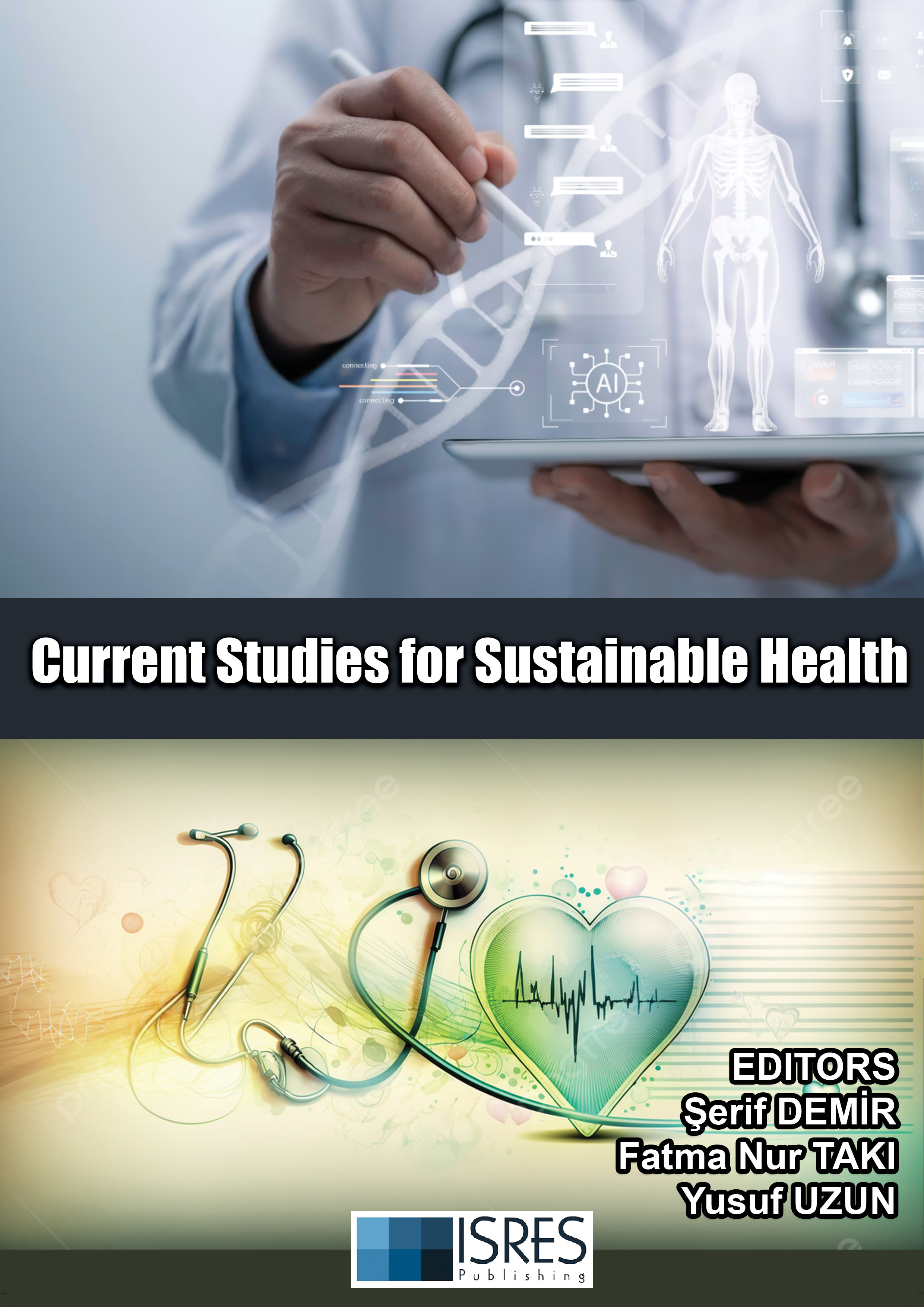

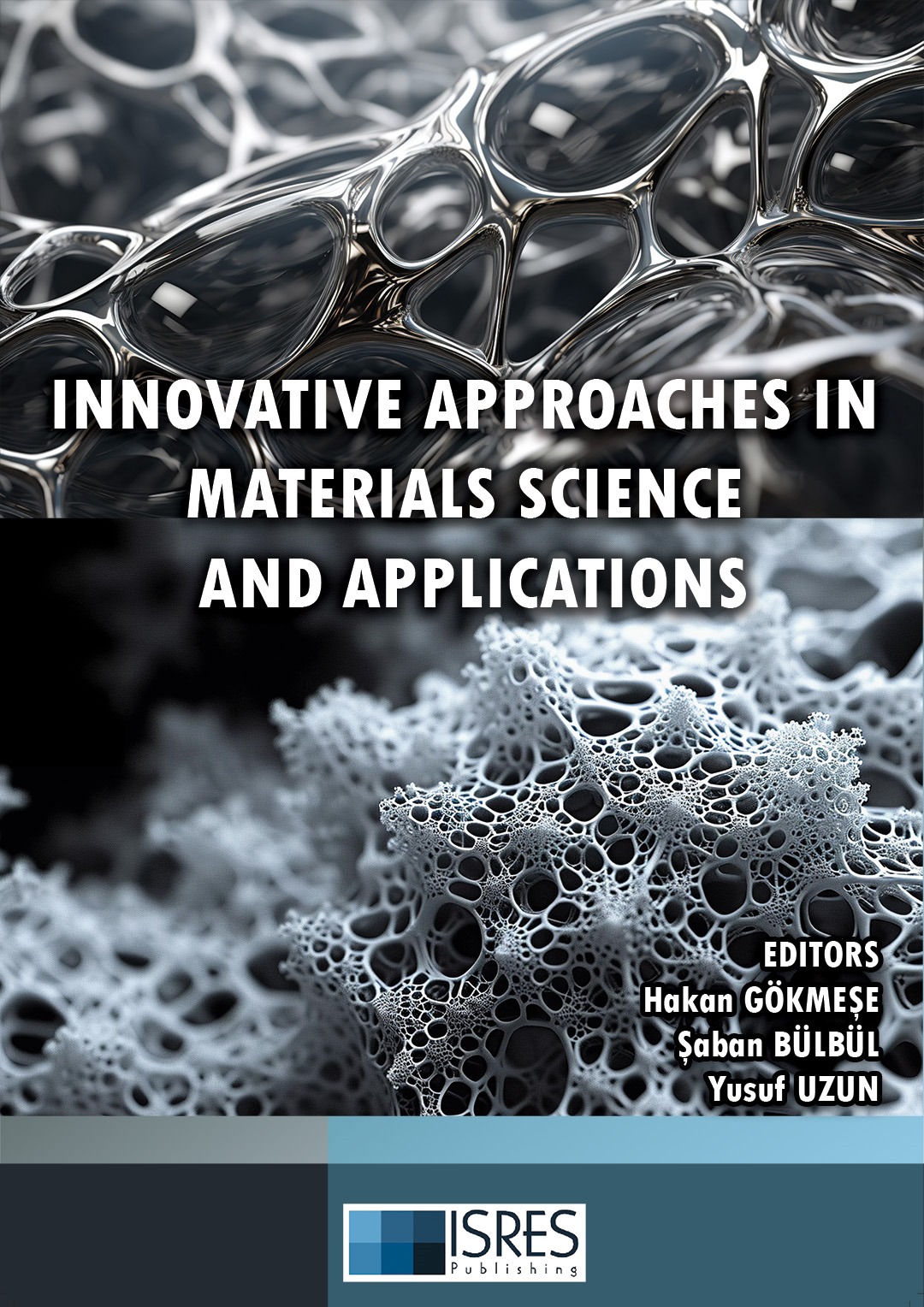
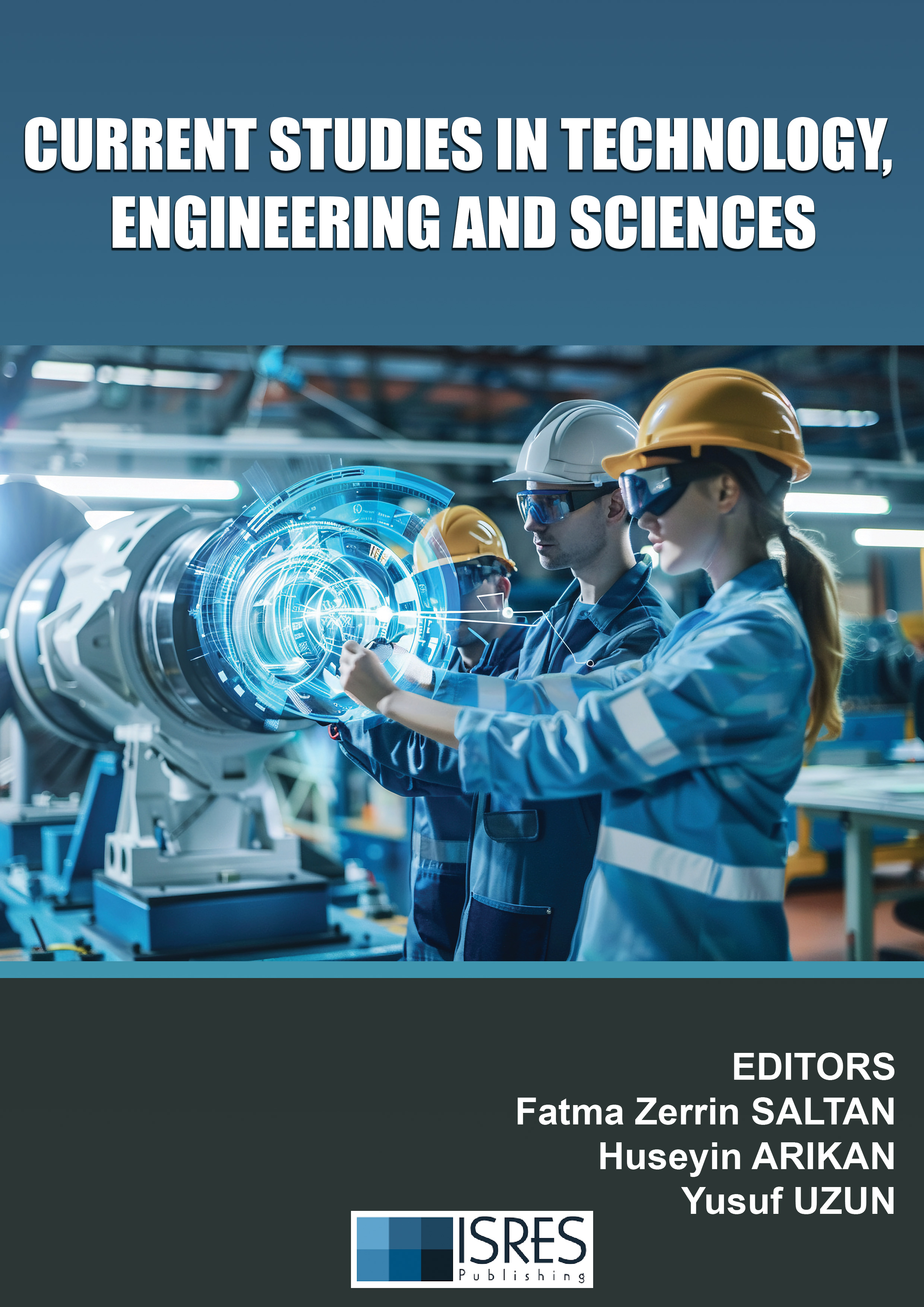

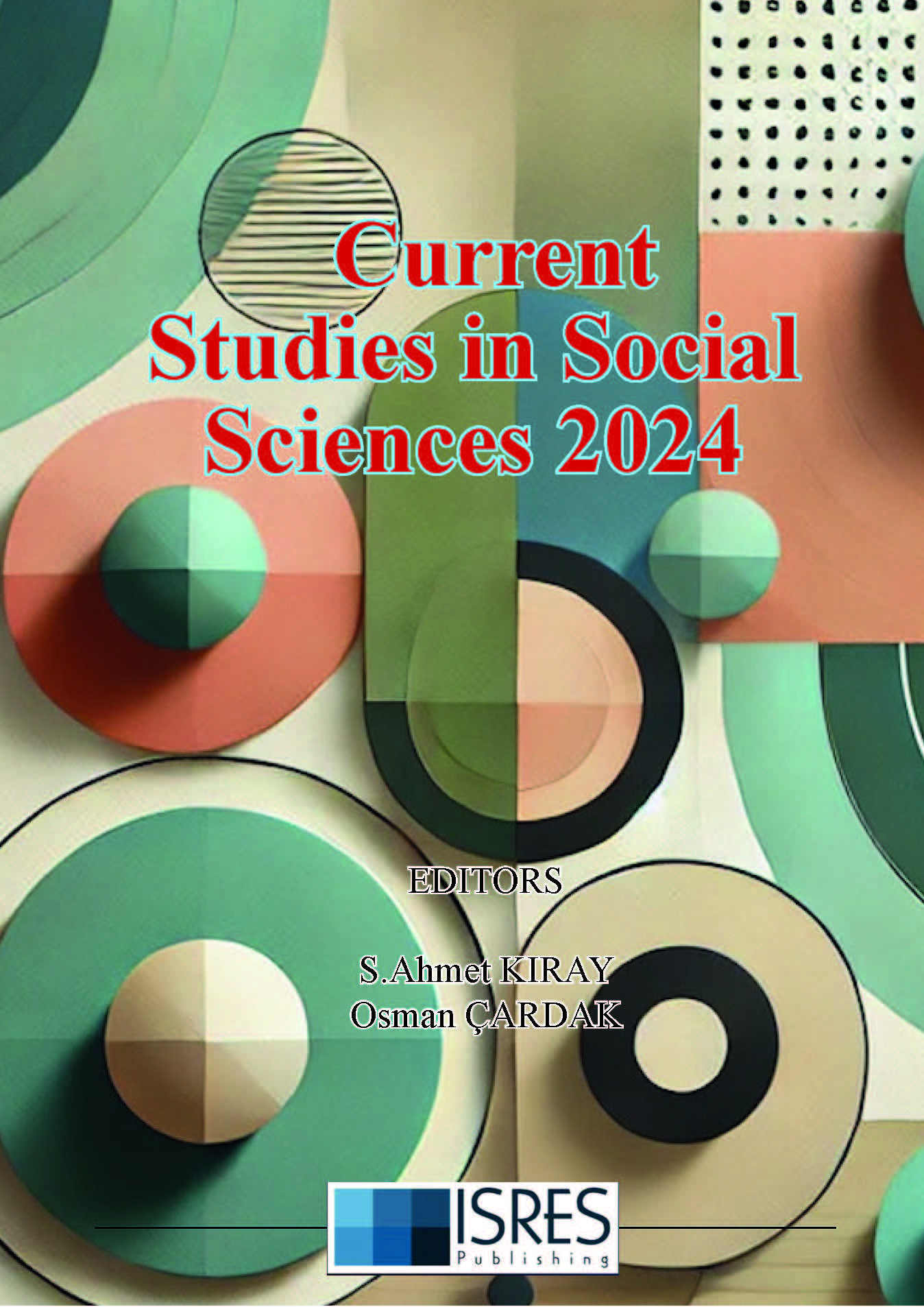
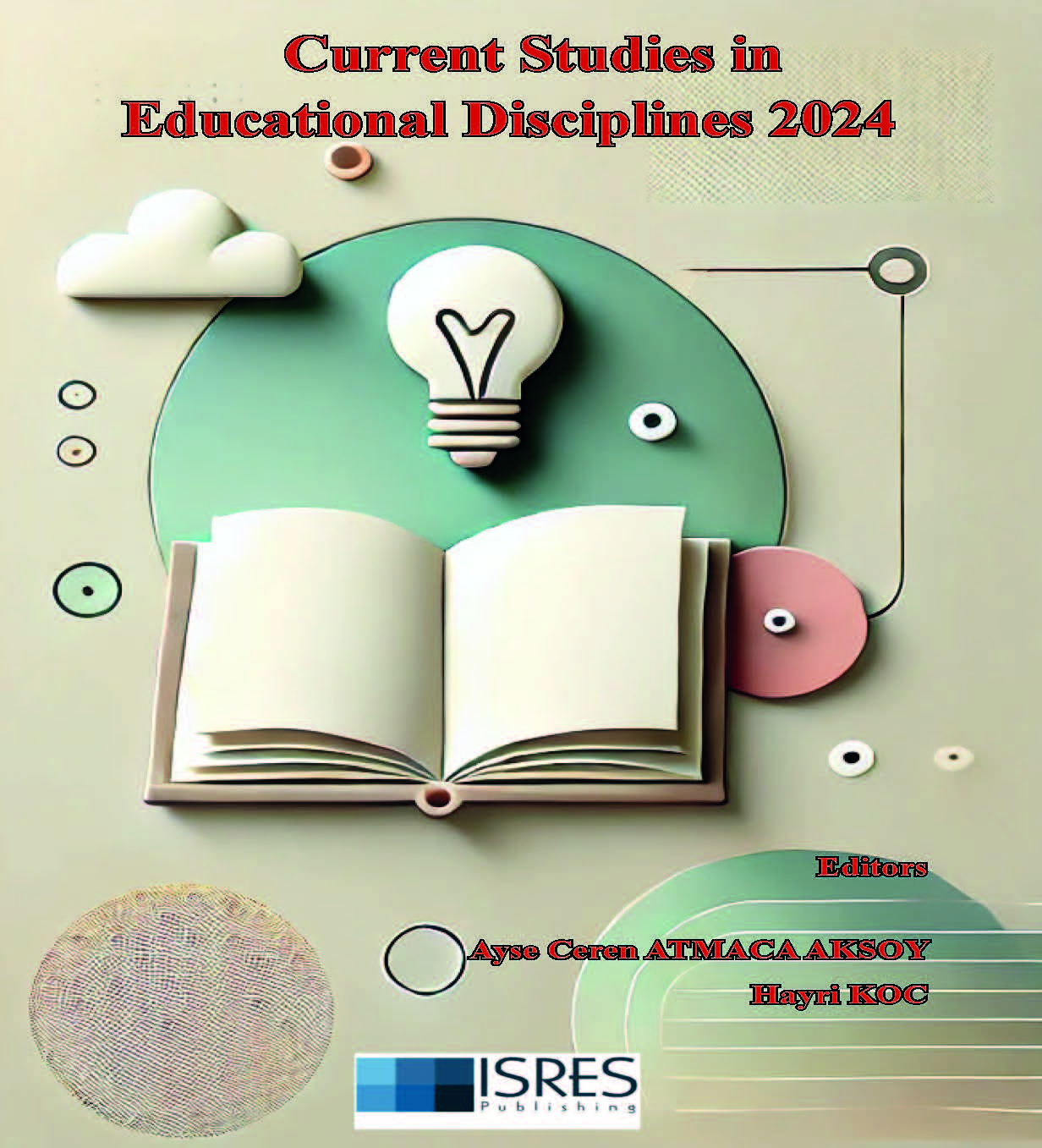
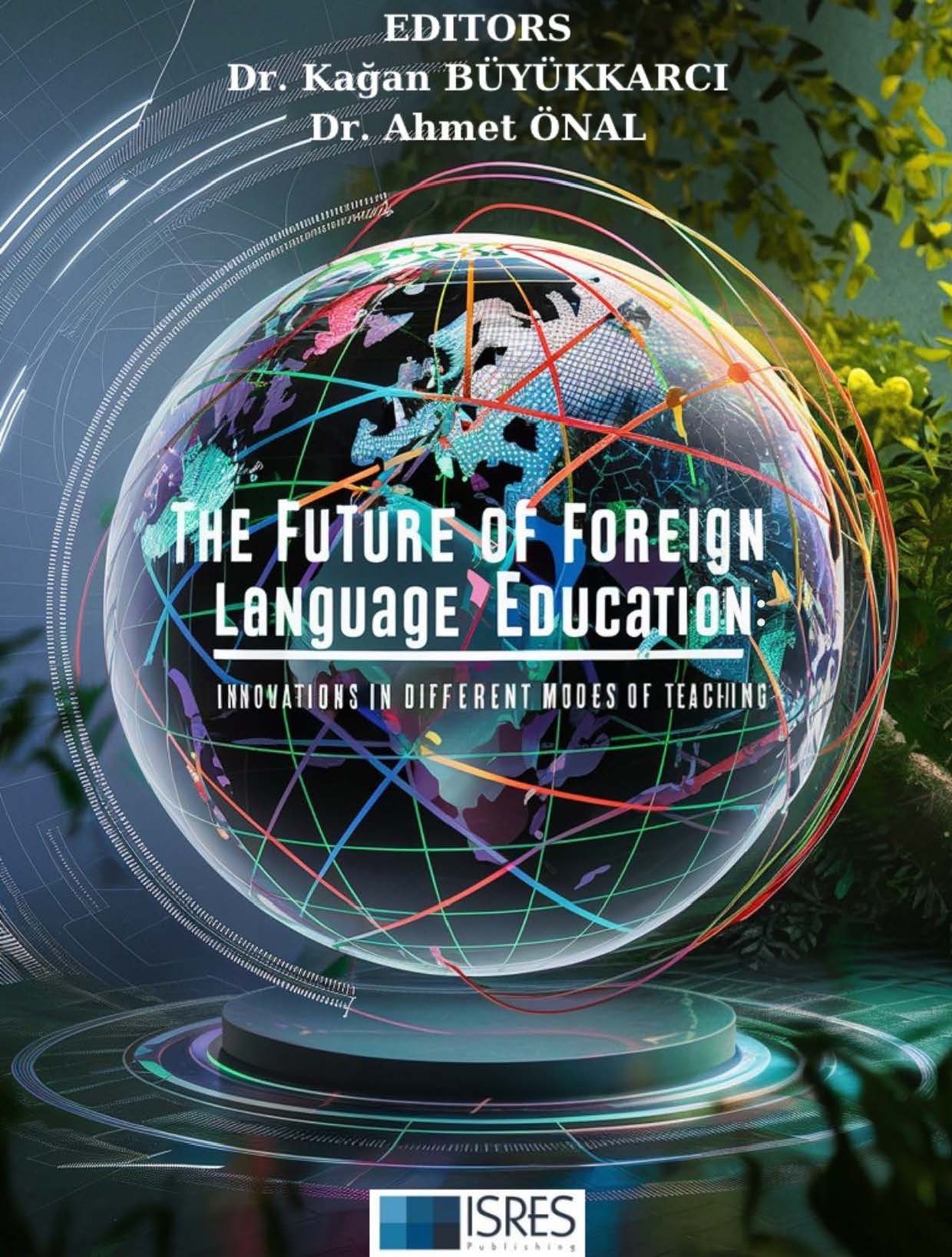
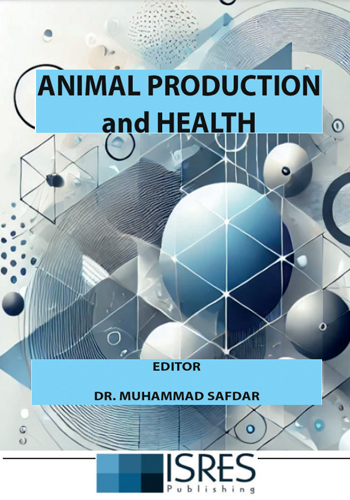
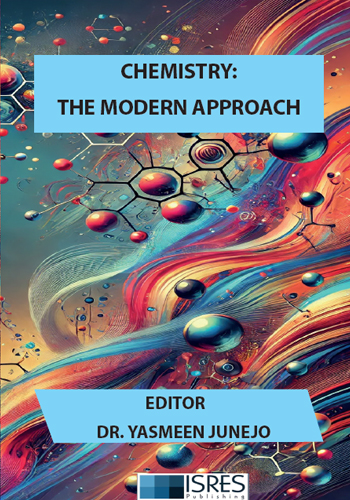
 (1)_16-12-2024.jpg)

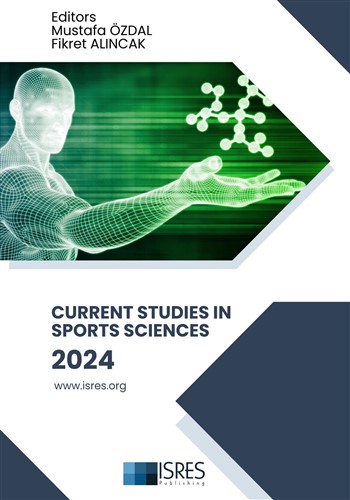
_29-12-2024.jpg)
 (1)_01-01-2025_10-03-2025.jpg)
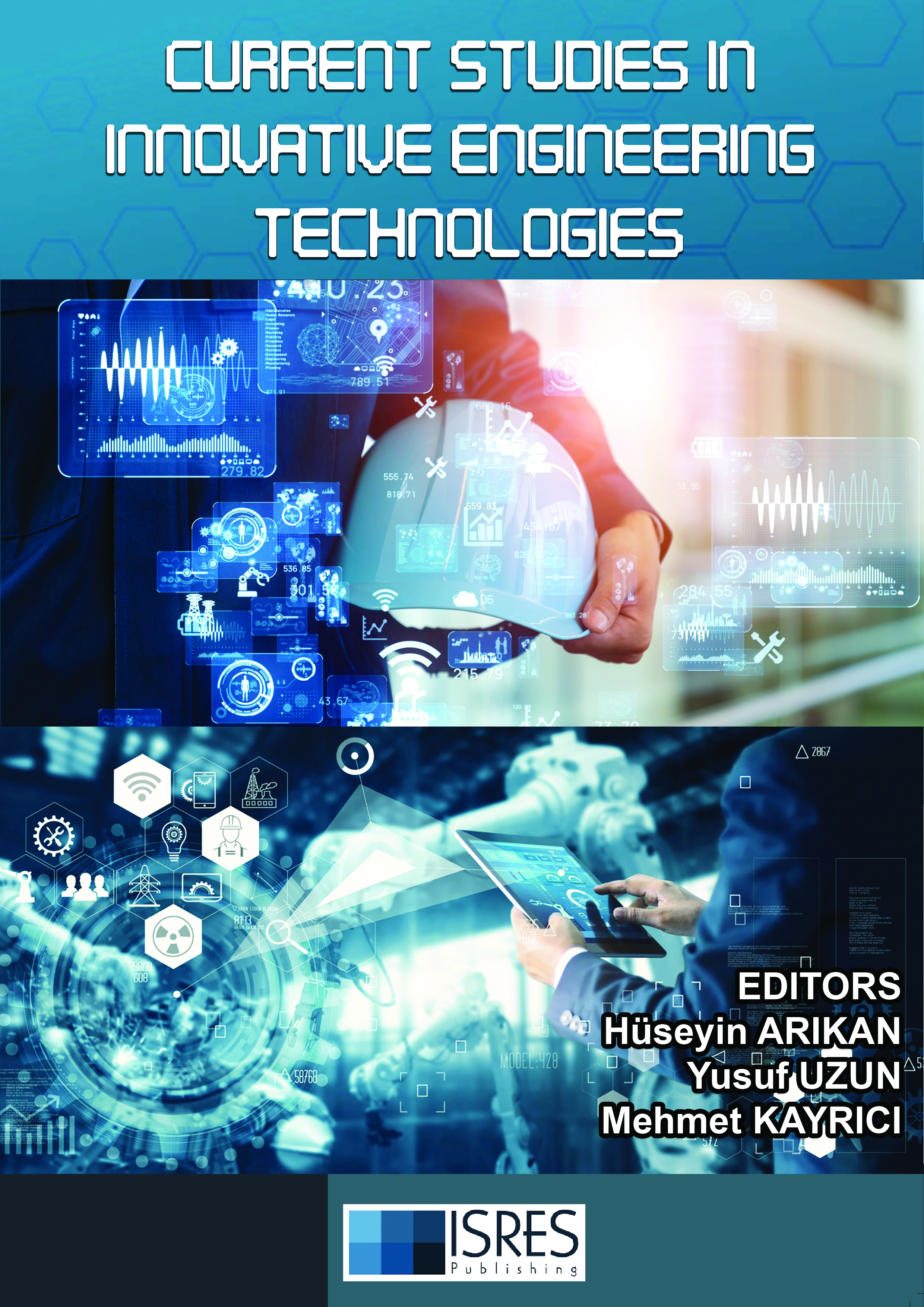
_01-01-2025.jpg)
